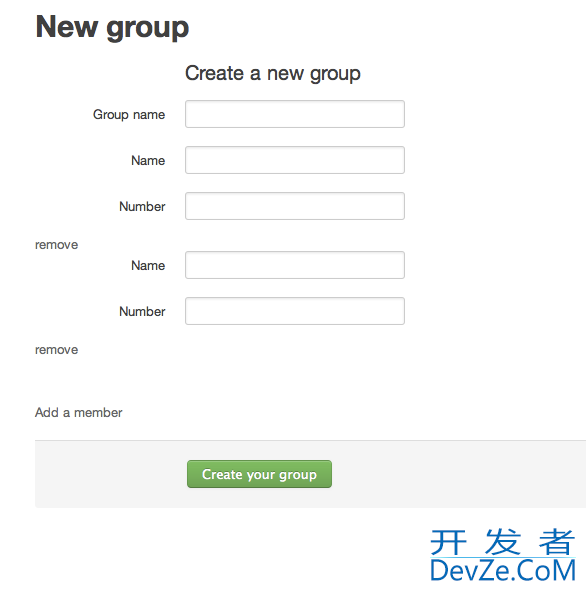I have a mongoid model like this:
class Link
include Mongoid::Document
include Mongoid::Timestamps
field :url, type: String
index :url, background: true
end
Now I have 2 queries with profiling turned on:
Link.where(url: "http://stackoverflow.com/questions/ask").first # =># <Link _id .....>
Executed < 1ms, no record for slowness
Link.where(url: "no url").first # =># nil
Executed = 35ms *PROFILER::* Sun Oct 9 23:36:20 [conn20] query ccc7.links ntoreturn:1 nscanned:16402开发者_运维百科 reslen:20 35ms
My question:
Clearly indexing is working fine, But why would a non-existent took mongodb such a long time to query? even scaning the entire mongo collection? isn't indexing taking care of this?
Executed = 35ms PROFILER:: Sun Oct 9 23:36:20 [conn20] query ccc7.links ntoreturn:1 nscanned:16402 reslen:20 35ms
Clearly there is an issue. Indeed, the number of nscanned docs should close (equal) to the number of results if you request only on the indexed field.
From the documentation :
nscanned Number of items (documents or index entries) examined. Items might be objects or index keys. If a "covered index" is involved, nscanned may be higher than nscannedObjects.
As suggested a explain on your request should give more information.
Can you also provide the result of :
db.link.getIndexes()
So, not completely clear here. Are all of your urls unique up to the "no url" option.
If so, and you indexed that column in ascending order, you are seeing the results of an alphabetical scan up to "n". Since all your urls start with h, you may see a delay.
Not 100% positive, but it is a possibility.




![Interactive visualization of a graph in python [closed]](https://www.devze.com/res/2023/04-10/09/92d32fe8c0d22fb96bd6f6e8b7d1f457.gif)



 加载中,请稍侯......
加载中,请稍侯......
精彩评论